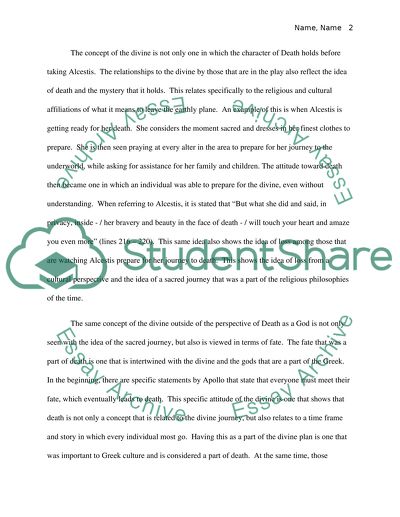Cite this document
(“Mythology Essay Example | Topics and Well Written Essays - 1000 words - 2”, n.d.)
Retrieved from https://studentshare.org/miscellaneous/1563173-mythology
Retrieved from https://studentshare.org/miscellaneous/1563173-mythology
(Mythology Essay Example | Topics and Well Written Essays - 1000 Words - 2)
https://studentshare.org/miscellaneous/1563173-mythology.
https://studentshare.org/miscellaneous/1563173-mythology.
“Mythology Essay Example | Topics and Well Written Essays - 1000 Words - 2”, n.d. https://studentshare.org/miscellaneous/1563173-mythology.


